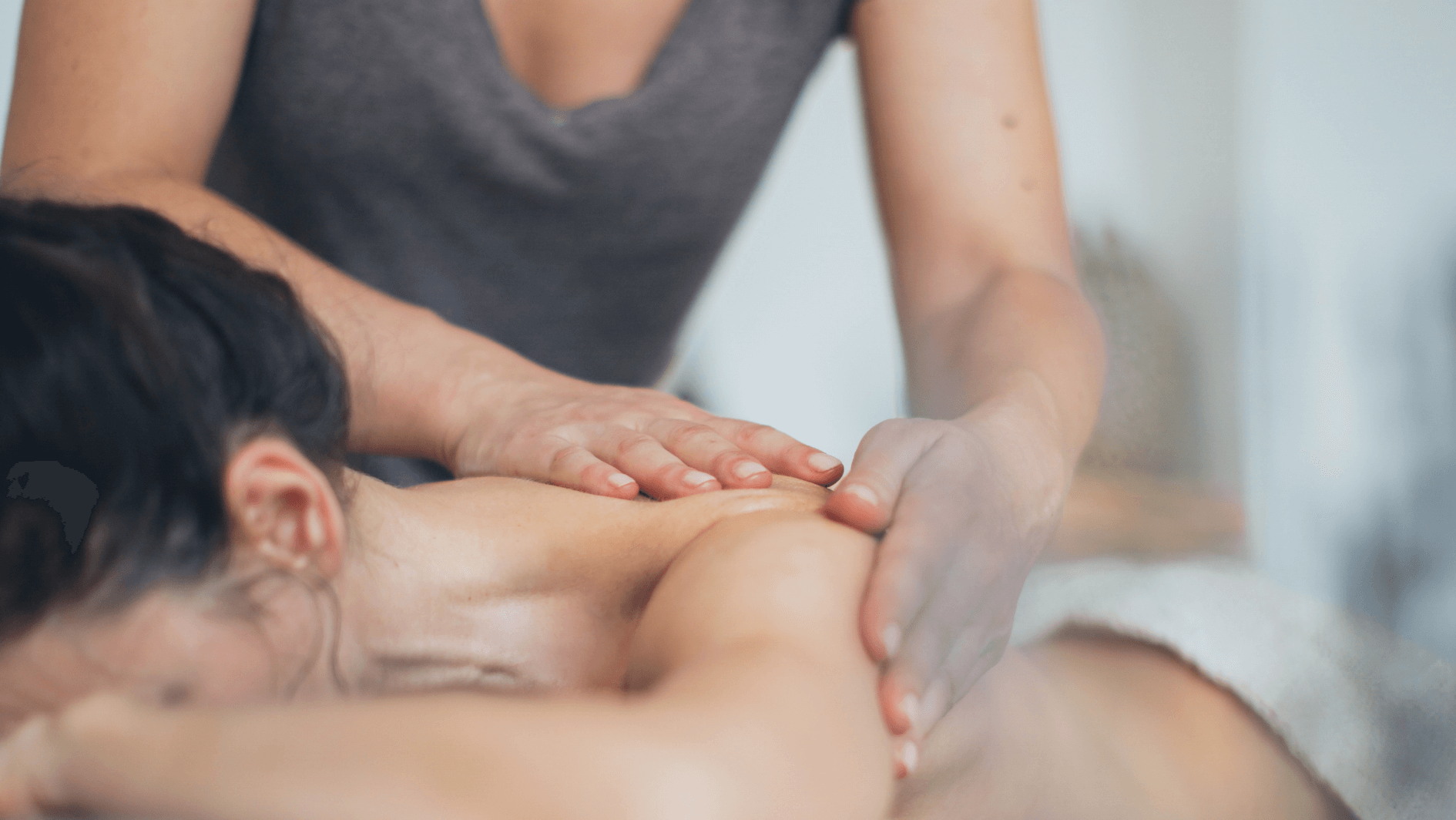Sleep is essential for our physical and mental health, but many people struggle to fall asleep or stay asleep because of anxiety. Anxiety can cause racing thoughts, nervousness, and fear that keep us awake at night. It can also make us worry about not getting enough sleep, which creates a vicious cycle of insomnia and anxiety.
Fortunately, there are some strategies that can help us improve our sleep quality and reduce our anxiety levels. Here are some tips to try:
- Practice good sleep hygiene. This means going to bed and waking up at the same time every day, avoiding caffeine, alcohol, nicotine, and large meals before bedtime, keeping your bedroom dark, quiet, and comfortable, and avoiding screens and other distractions in the hour before sleep.
- Exercise regularly. Physical activity can help lower stress hormones, improve mood, and promote relaxation. Aim for at least 30 minutes of moderate exercise most days of the week, but avoid exercising too close to bedtime as it can keep you alert.


- Use relaxation techniques. Before bed or when you feel anxious, try some methods to calm your mind and body. These can include deep breathing, progressive muscle relaxation, meditation, yoga, or listening to soothing music. These techniques can help you release tension, slow down your heart rate, and lower your blood pressure.
- Challenge negative thoughts. Anxiety often involves irrational or exaggerated worries that interfere with sleep. When you notice these thoughts, try to replace them with more realistic or positive ones. For example, instead of thinking “I will never fall asleep” or “I will fail tomorrow if I don’t sleep well”, think “I can cope with some sleep loss” or “I have done well before even when I was tired”.
- Seek professional help. If your anxiety and sleep problems are severe or persistent, you may benefit from seeing a therapist or a doctor. They can help you identify the causes of your anxiety, provide you with coping skills, and prescribe medication if needed. There are also online resources and apps that can offer support and guidance for anxiety and sleep issues.




